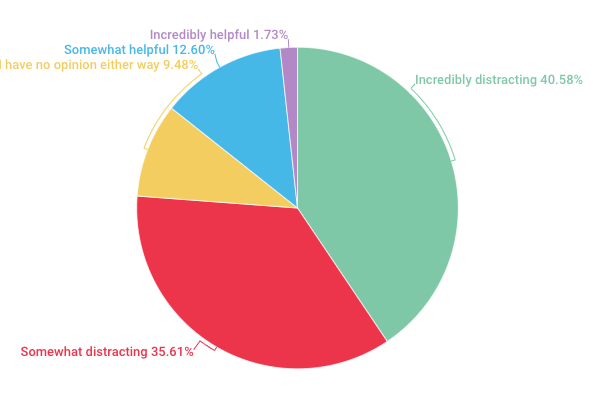Why your Daily Fantasy Sports are at Risk
October 9, 2015
This past week, Daily Fantasy Sports have joined the ranks of Martha Stewart. While it is true that both provide weekly entertainment value for many Americans, that is not the characteristic I am referring to. Instead they both are now accused of insider trading. An author for Draft Kings, a company we all know to spam our Fantasy Football screens with ads, won $350,000 on a competing Fantasy site, FanDuel. Accused of using information gained from his own employment, he now faces charges of fraud. In response, Draft Kings is performing internal audits and drafting a new company policy for employee eligibility in Fantasy Sports.
While this topic is still controversial, it has brought up a valid question among many members of the sports community and congress: Should fantasy sports be considered gambling?
By defining gambling as being based on luck or chance, it could be very easy to say that is gambling. After all, players of fantasy sports rely on the performance of others they cannot affect the outcome of. On the other hand, I think that fantasy sports are a game of skill, not as easily won as predicting the role of a dice.
Winners will often put hours of work each week into researching performances, statistics and probabilities to produce the greatest lineup they can. The small amount of reliance placed on the professional football players themselves is minute compared to the statistical skill and strategy the fantasy manager must have.
For these reasons fantasy sports should not be outlawed or constricted. This relatively new American pastime is not defined by the odds of Ben Roethlisberger throwing a touchdown, nor the chance that Drew Brees will have a collarbone injury. It is instead defined by the dedication that the manager must have to play the sport.










